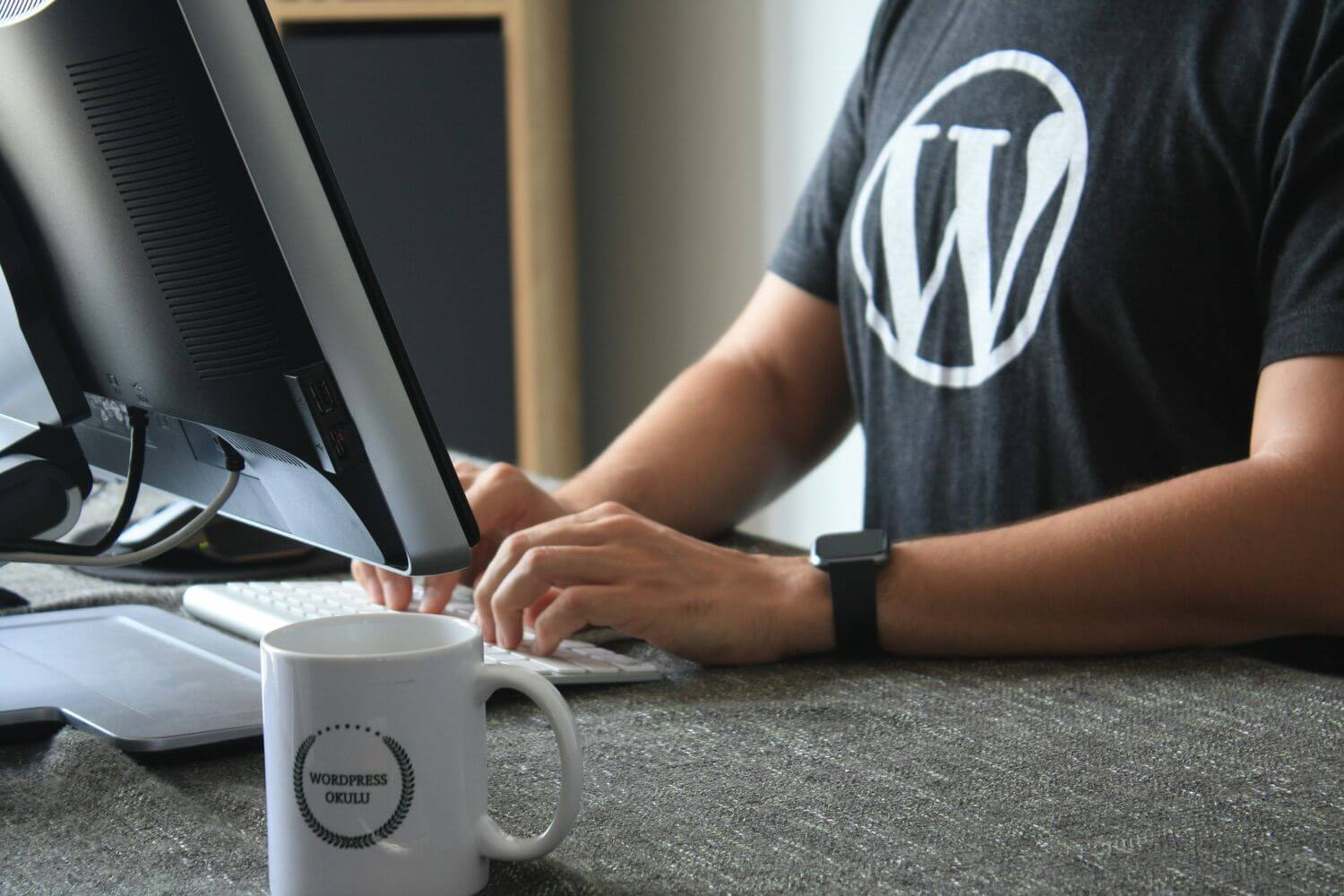This open-source system offers several benefits, one being the availability of hundreds, if not thousands, of plugins. These can bring significant advancements to the WordPress CMS, enhancing your website with everything from CRM integrations to event listings; there are plugins for virtually everything.
However, this system, while beneficial, also has its drawbacks. Like any software, bugs appear, and vulnerabilities are identified, often within these plugins, which can jeopardise your website’s security.
The WordPress community is brilliant at identifying and responsibly reporting these vulnerabilities using systems such as Patchstack, allowing them to be addressed—hopefully before hackers exploit them. When vulnerabilities are found, developers can release updates to remedy these issues, keeping websites secure.
Upon the release of these patches, it’s essential to update as soon as possible. Running outdated plugins with known vulnerabilities poses a significant risk of hacking.
So, how often should you check?
At the very least, we recommend checking and updating every month. Ideally, you should perform checks every week to ensure no updates are missed.
You might consider enabling automatic updates for plugins, but we advise caution here. It’s important to verify that any new updates are compatible with your current setup. Occasionally, updates can cause your website to malfunction, potentially due to conflicts with other plugins, the WordPress core, or your hosting environment not supporting the update.
Best Practices for Keeping Secure
Backup First: Ensure you have a backup before updating, so you can easily revert if any issues arise.
Test: If possible, test updates in a staging environment before applying them to your live site. This helps identify any problems beforehand.
Stay Informed: Keep an eye on industry news for the latest security advice. SolidWP’s weekly vulnerability report is a good starting point.
Use Trusted Plugins: Only install plugins from reputable sources to avoid security risks.
Manual Updates: While automation can save time, and automatic updates for minor WordPress releases are generally safe, we recommend manual oversight for major updates. These should be thoroughly reviewed before being applied to a live website.
Maintaining your WordPress website’s security shouldn’t just be about reacting to updates. We suggest adopting a proactive approach to WordPress website maintenance.
If your website is business-critical, then we suggest investing in professional WordPress support. A dedicated team can monitor your site for performance and security and apply necessary updates as they arrive. Additionally they can address issues promptly, allowing you to concentrate on your core business.








